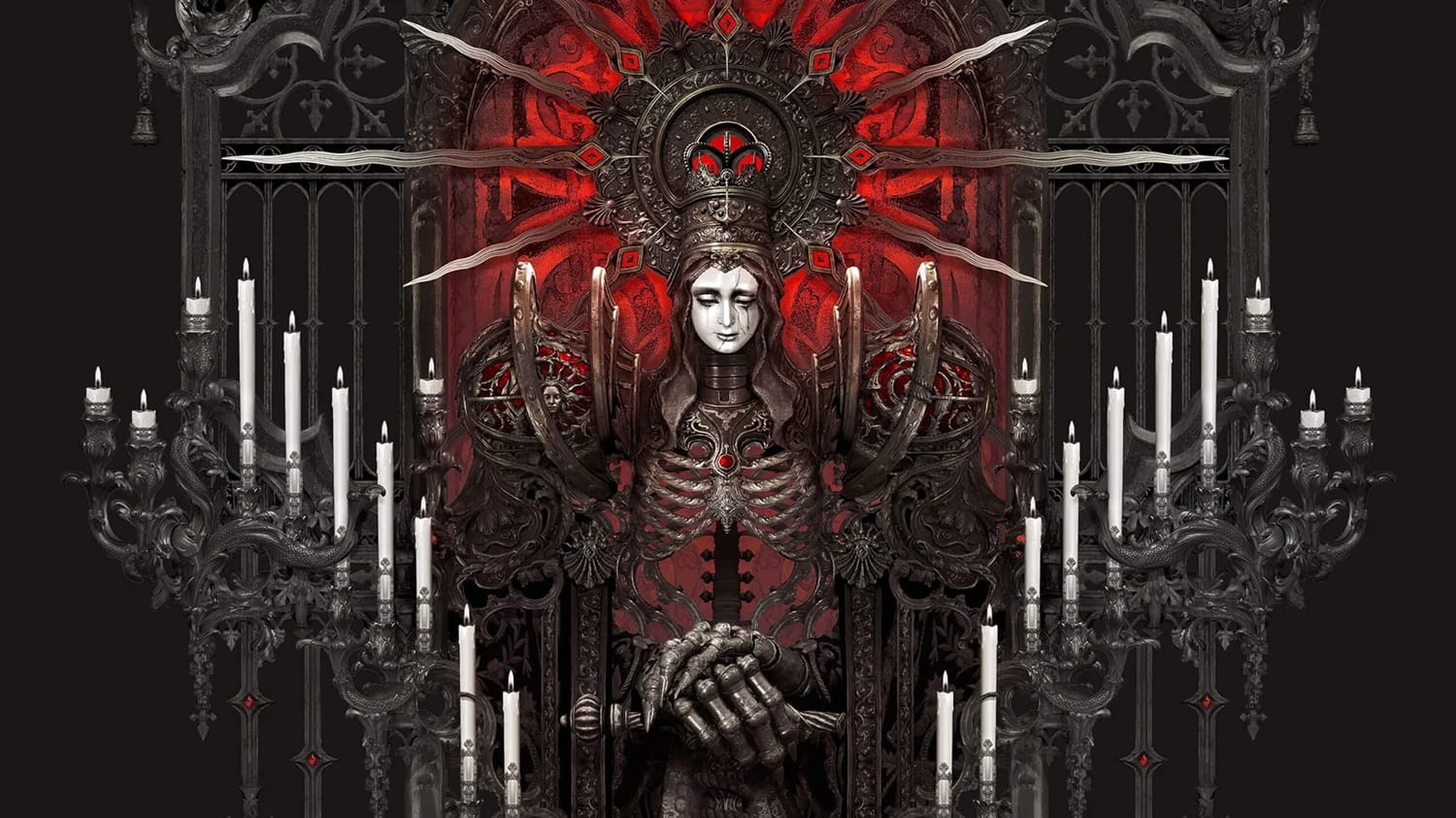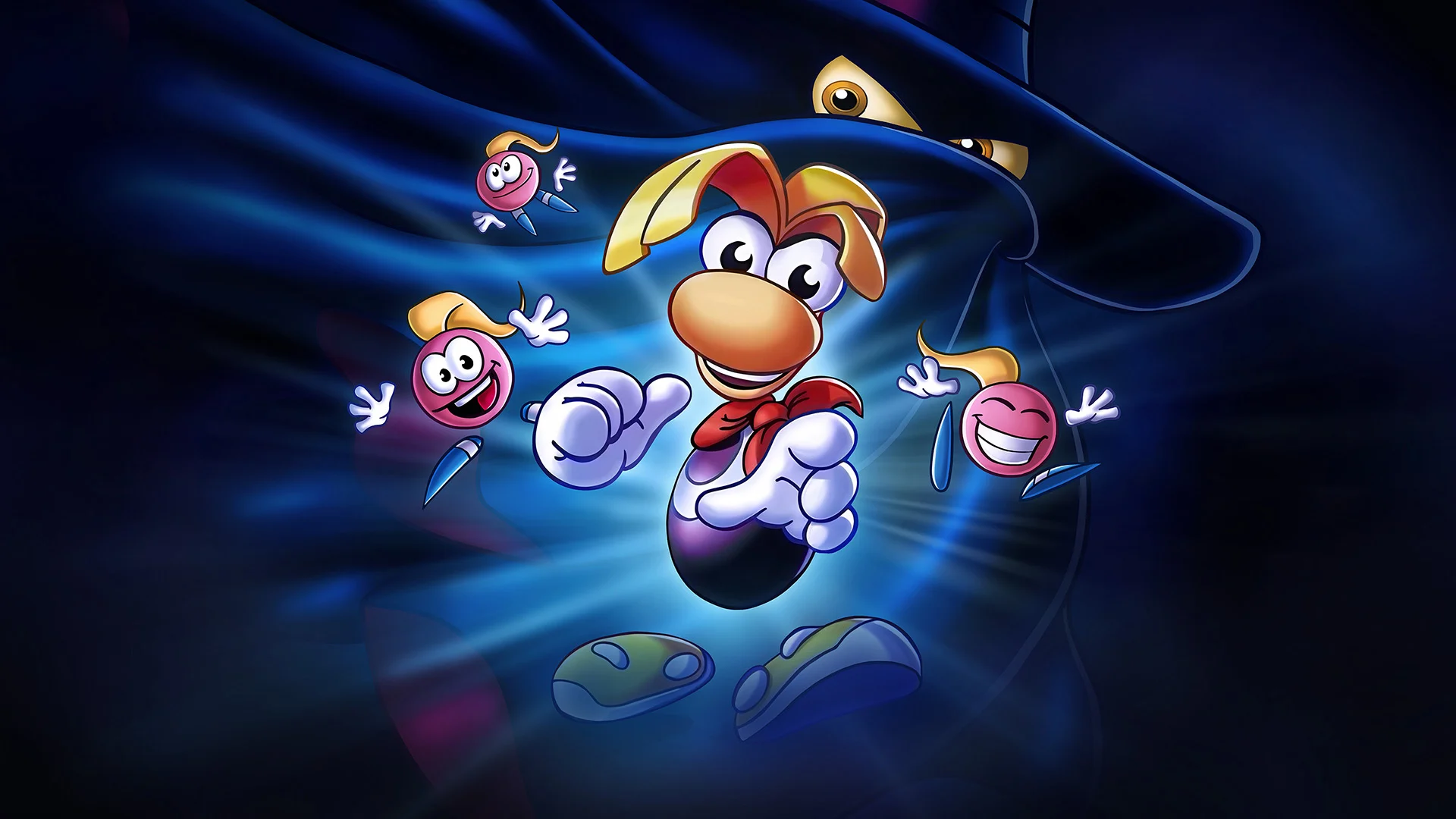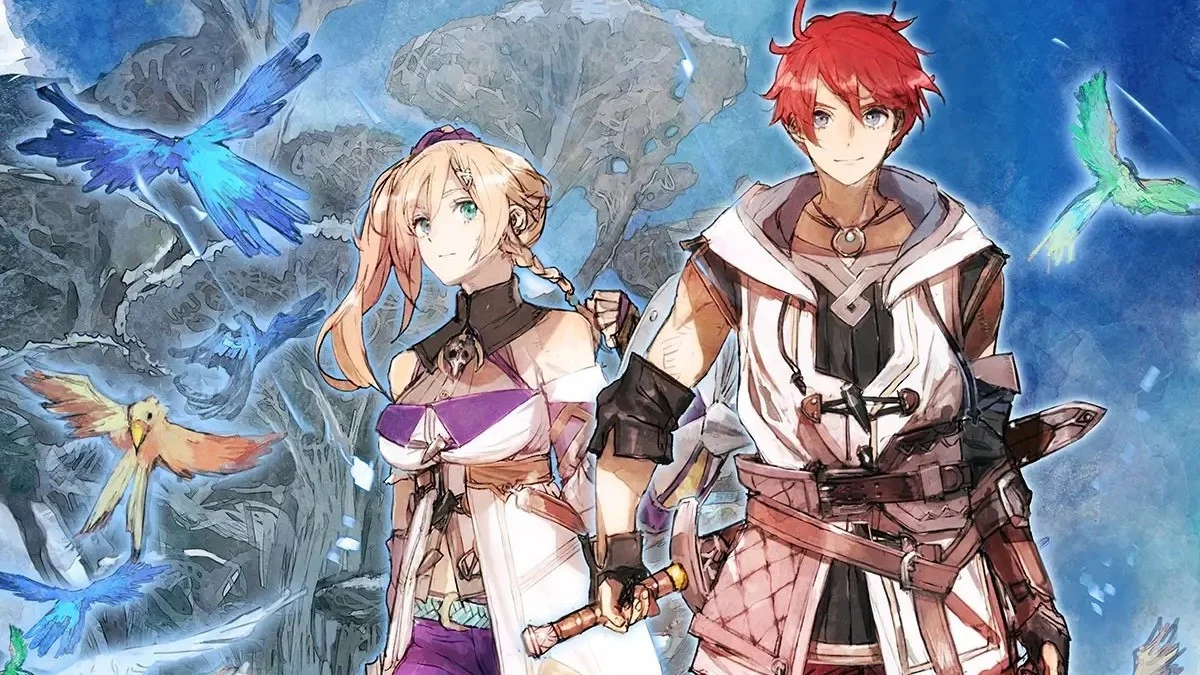The current formula for a Ubisoft game nowadays involves a variety of elements that have evolved quite a lot since the days of the first Assassin’s Creed. After the many complaints that spawned from that game, mainly due to the lack of real content that came from having to do the same activities over and over throughout, Ubisoft tipped the scale quite heavily, cramming a bunch of their future games with a laundry list of stuff to do. At one point, it all became so insufferable that beelining through the story content was the only way to truly enjoy those games, and even so, every single title felt the same. Even in their bad racer you had to climb a tower in order to reveal new content and activities.
That was really the case until Assassin’s Creed Origins came out, and Ubisoft finally hit the sweet spot by ironically doing away with much of what bogged down that series. The same happened with another series that is still disappointingly dormant, Splinter Cell, which saw a fantastic reboot attempt with Splinter Cell: Blacklist. Ghost Recon had things a little differently, seeing a middling new release in Ghost Recon Wildlands that did away with much of what made Ghost Recon unique, that is, a mission structure with a heavy emphasis on tactics and realism, for the sake of crafting yet another open-world game with tacked-on single player.

Ghost Recon Breakpoint is the newest entry in the series, and like Wildlands, it barely resembles the games that came before it. In fact, very little of Breakpoint ties into the Tom Clancy style of games as a whole, since its structure is pretty much ripped straight out of the recent Assassin’s Creeds, without the polish. You’re dropped into an open-world full of objectives and activities to partake, but even though the map is huge and varied, I didn’t feel compelled to do any of the missions — instead, I had what comes close to ‘fun’ by flying around in a helicopter picking up pieces of loot and discovering new locations. Thanks to a progression system that forgoes any sense of reward due to how quickly you upgrade every single piece of equipment that you pick up, along with a skill tree that is capped from the very get-go due to its inherent limitations when it comes to equipping skills, there isn’t much going on in this game outside of getting into scuffles either by yourself or in a group.
Nearly at all times there’s a prompt on screen to call in random players or friends into your group, but you’re better off playing in your own, since the game has a nasty tendency to not save your progress when playing multiplayer. And even if that system worked as intended, I felt like I had a much easier time doing everything on my own due to how easy it is for encounters to turn sour when spotted, which adds the need to be stealthy, or as close to stealth as this game allows, since the enemy artificial intelligence ranges quite wildly from dumb to hyper-sensitive at the drop of a dime.

I wouldn’t have much of an issue with the fact that this game is janky if it was any fun to begin with, but I had serious problems with how it handles how much of an impact my actions have on the world. Breakpoint’s story puts you in the role of the sole survivor out of an elite unit of Ghosts that crash landed on an island controlled by a tech company whose isolationist project has gone awry after a rogue commander from your unit took over control by force. That commander is played by Jon Bernthal of The Walking Dead and The Punisher fame, and you get to see his digital mug every so often in cutscenes. His forces have taken over nearly every important point on the map that you can attack and ultimately take over, but your success is short-lived, since none of your progress is saved, as the game repopulates all structures as soon as you die or leave for a while, which is a huge bummer, especially considering how much of a role that plays in previous Ubisoft games.
That’s not to say that it’s unfun to do any of these attacks, but it would’ve been nice to have some sort of influence on how the life of the people living on the island. Instead, you’re even pushed aside by the natives during your rescue attempts, as they go about their lives as nothing really changed. It’s quite comical to see them not even notice your presence or complain you’re in their way right after a huge gunfight has taken place right in front of them. One especially funny occurance of this took place in a college space that I had to infiltrate in order to acquire an access code, which required me to clear out one of the university’s buildings that happened to be housing some civilians. As soon as I did, one of them went from being scared out of their mind, crouching on the ground with their hands on top of their heads to casually walking to the nearest vending machine and ordering food.

As I touched upon before, there are skill trees you can invest points in in Breakpoint. You can select from a base set of archetypes and later put unlock points in throughout the game. I went with the panther path, which allows me to focus on stealth and use a get-out-of-jail card skill that has my character throw down a smoke bomb and get out of a jam if needed. The cool part about these base archetypes is that they evolve the more you fill out a set of gameplay objectives, continuously improving your base skills, but unfortunately that flies against the rest of the skill progression, since you can basically pick from the same set of abilities depending on what course you take in the tree. And weirdly enough, most of those skills aren’t passive, requiring you to equip them in order to make use, which is capped at the knee since you start off only being able to activate one of them at one time, with up to three if you sink enough points into its node, a huge problem if you want to have a varied skill set activated at all times. It’s not an issue that’s fixed by having multiple loadout slots, by the way.
While I’m sure folks that like to play games together are bound to find something to enjoy just messing around Breakpoint’s world, they’ll probably be disappointed that everything tends to be so broken just about everywhere. Vehicles have the annoying tendency to get stuck on geometry, becoming inoperable, and even the much maligned gear can become inaccessible from time to time if it happens to fall into the middle of rubble, which is annoyingly very often. Making your way through the game’s world eventually becomes quite easier if you manage to unlock some of its fast travel points, but you should be careful where you warp to, since there’s no obvious indicator to the level-gated content, unless you pull up the map and check, or take your time scouting ahead with the drone. Ah, the drone. Breakpoint’s substitute for the assassin’s pet eagles. It wouldn’t be a modern day/near future Ubisoft game without one of these, right? Don’t forget, the enemies have plenty of those of their own, and boy, are they annoying.

As a big fan of the original Ghost Recon games, I find it slightly annoying that the series has moved so far from its source. There’s very little in this game that resembles the tactical depth that was found in its predecessors, which is a big shame. There isn’t much to make note of the story this time around, safe to say it won’t offend any real world governments, certainly something that would prompt to make headlines out of Breakpoint that would range outside of the ho-hum impressions of the final product.
Ghost Recon: Breakpoint certainly checks all of the modern design ideas found in open-world games that Ubisoft seems to keen on releasing, but it’s disappointingly lacking in any of the personality and overall reward that are plentiful in Assassin’s Creed Origins and Odyssey, resulting in a drab military shooter with little of the sense of place and specialization that made The Division 2 so great back in the beginning of the year.




